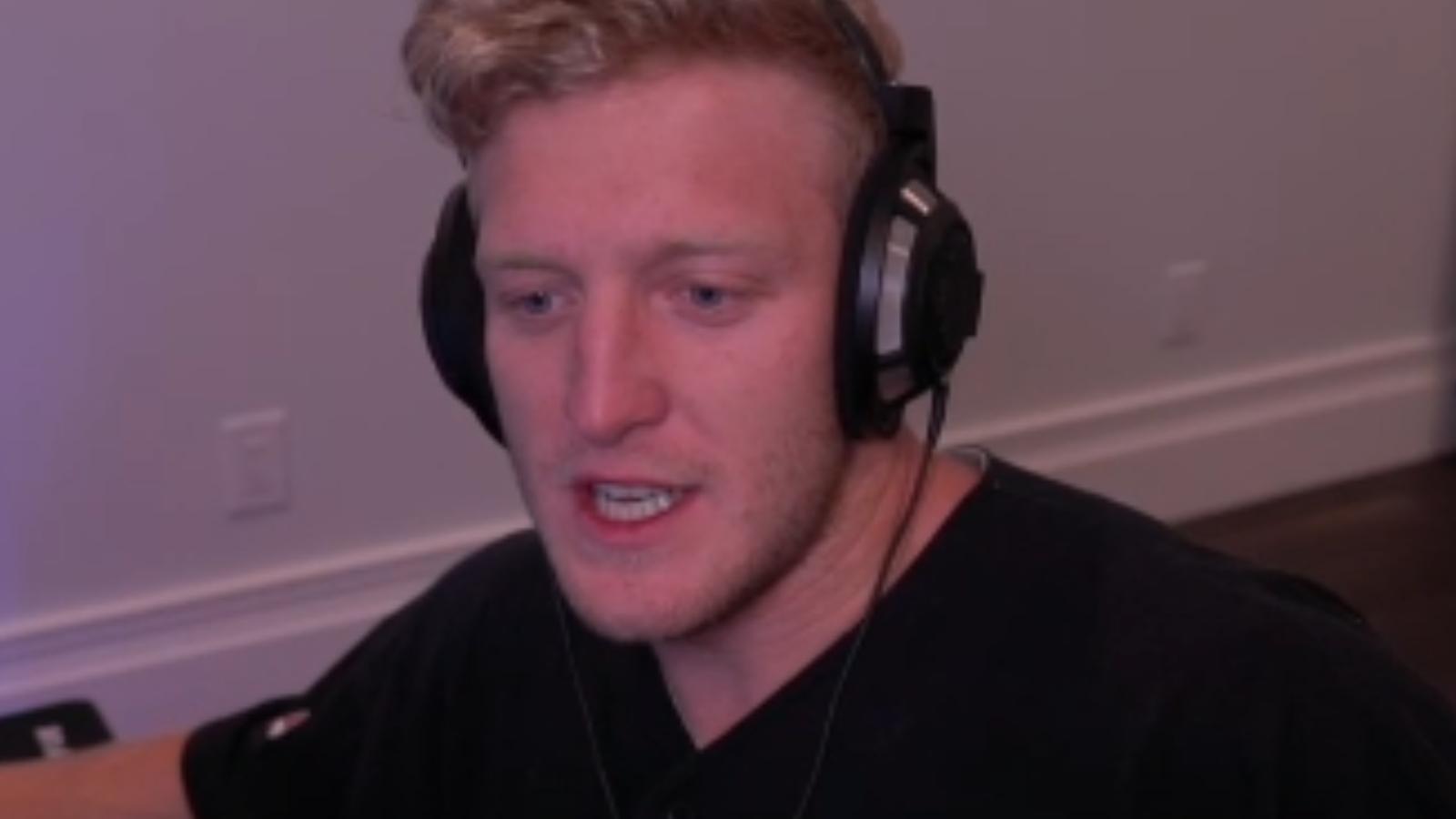Richard Lewis: Big losses for FaZe in latest rulings from Tfue lawsuits
 Tfue / FaZe Clan
Tfue / FaZe Clan
Initially, Tenney had wanted to be free from the contract he had signed with FaZe, citing a number of examples why he believed it was no longer binding.
The ongoing dispute led to public displays of hostility from representatives of FaZe, who then followed up their public relations offensive by filing a counterclaim against Tenney for what they perceived to be a number of infractions on his part.
At the core of the legal argument, as Tenney’s representation sees it, is whether or not the California Talent Agency Act (TAA) should apply. This is a law that prevents entities operating in the capacity of an agent without the proper licensing in the state and applies across the entertainment industry.
As the contract between both parties stipulated that FaZe would act on behalf of Tfue as an agent, procuring work and sponsorship deals, it has been argued that it should apply as Tenney was a resident of California at the time of his contract.

FaZe have no such license, however they have argued that as they conduct little business in California and have their offices elsewhere, the state specific law should not apply to them. They filed their counterclaim in the state of New York.
Over the months, many components of the complaints have been eschewed as the judge assesses the strength of the arguments. In March, we reported that FaZe’s claim against Tenney for “misappropriation of trade secrets” was essentially dismissed as the organisation had not accurately characterised or understood what trade secrets are in the context of their business.
Under consideration since then were a number of requests for summary judgment from both parties, which have now been resolved as of the latest documentation, which you can read here.
It wasn’t a great day for FaZe Clan who found most of their requests for summary judgment denied by Judge Rakoff. Only being granted one of the six requests they made, the judge ruled that Tenney will not be able to avoid having to answer to a Southern District of New York court for Faze’s counterclaims. However, this will be a less daunting prospect given some of the other rulings in these lawsuits.
Crucially, FaZe tried to argue that the much discussed Californian Talent Agency Act would not apply to them as the work they undertook in this manner occurred out of the state. However, the court held that not only would the original jurisdiction of California be the appropriate venue for Tenney’s claim, meaning the TAA would apply, they also called into question the veracity of the claims. The court noted that Tenney’s account director worked with other FaZe employees in Los Angeles at this time.

FaZe had also asked for summary judgment on the right to collect a portion of the Fortnite Creator Code revenue. This was denied due to the content of a deposition from Richard “Banks” Bengtson and a video FaZe had put into the public domain that demonstrated they had no intention to collect that revenue until they filed they counterclaim against Tenney.
“The Court accordingly takes note of the overwhelming evidence, introduced by Tenney, that the parties prior to this litigation did not intend the term “in-game merchandise” to encompass Tenney’s sales through the Support-A-Creator Program,” the court document reads.
“First, Tenney cites deposition testimony from Richard Bengtson, aka “FaZe Banks,” a part-owner of FaZe Clan, that “we never had collected the [Creator] code [revenue], and up to this point in time, we had no intention” to do so. Second, and even more persuasively, Tenney includes in the record a link to a YouTube video, published by FaZe Clan on May 23, 2019 in which a representative of the organization expressly states that the contract between the parties does not require Tenney to split his Support-A-Creator revenue,” it continued.
In closing, the judge noted that the “YouTube video raises a genuine dispute as to whether FaZe Clan is equitably estopped from collecting this revenue, particularly since the video was published as part of a public relations offensive to protect the organization’s image.”
Another blow for FaZe came in regards to the judgment that pertained to non-compete clauses used in the original contract. FaZe had argued that Tenney had violated his contract by not adhering to the provisions of the non-compete clauses contained in their agreement. The court ruled that under §16600 of California’s Business and Professions code, invoked by Tenney’s counsel as a defence, the case law suggests that such in-term non-competes cannot be applied to independent contractors.
“Although California courts have read §16600 not to bar in-term restraints in a contract between employer and employee,” the court document states, “These cases are inapposite because Tenney was not FaZe Clan’s employee.” The judge also noted that the United States Court of Appeals for the Ninth Circuit upheld such interpretations.

Both of Tenney’s motions for summary judgment were denied. The most important of these was that the court was not persuaded that FaZe had breached the contract with Tenney by having delayed monthly payments by over a period of several months, payments that were then later issued by FaZe. As a result of this and several other engagements the court says this will have to proceed to trial as to determine whether the parties had entered into an implied-in-fact contract.
Finally the court also denied the claim from Tenney that they should dismiss the tortious interference and personal enrichment claims against him. The court noticed that in his own deposition he admitted to having knowledge of sponsorship deals and the means to contact representatives from those brands. Based on this they say the matter can proceed to trial to discuss the facts of the case, which potentially leaves a door open for FaZe to recover some money from Tenney provided they can make a compelling case.
Overall though, FaZe Clan will feel they came out of this the worse for wear. While Tfue will have to answer to FaZe’s claims in New York, the ruling of California as an appropriate jurisdiction for his claims against the organisation and the subsequent application of the Talent Agency Act to the actions of FaZe was a key component of this case. The date for the next set of proceedings will now be set with these rulings in mind.
The outcome of this case is likely to have huge repercussions on the esports and influencer scenes as a whole, and will likely lead to a significant change in the way these organisations operate.



